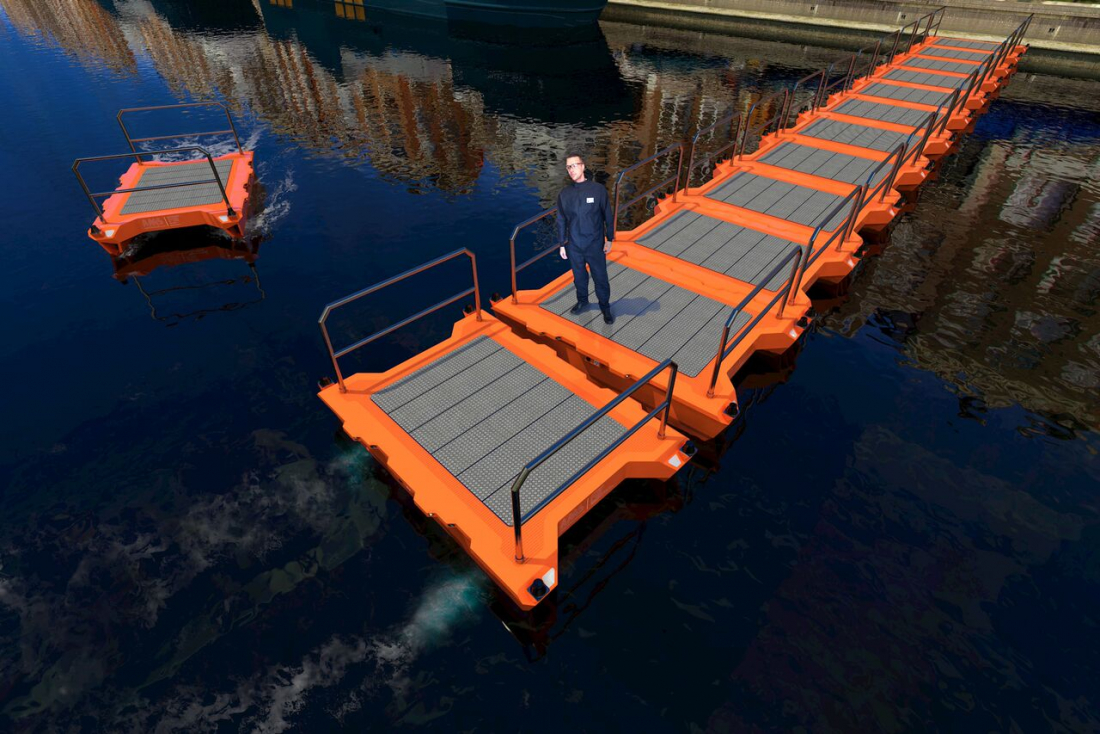Having a tough time coming to terms with the reality of self-driving cars? If so, you probably won't like the fact that autonomous technology will soon be powering watercraft.
The Amsterdam Institute for Metropolitan Solutions (AMS) recently announced a five-year, 25 million euro (around $28 million) initiative involving researchers from MIT, Delft University of Technology (TUD) and Wageningen University and Research (WUR) that'll explore the use of autonomous boats and other floating robotic vehicles in Amsterdam.
Why Amsterdam? As the AMS points out, nearly a fourth of the city is occupied by water. With roughly 60 miles of canals that have been in use since the 17th century, the city serves as an ideal place to conduct the Roboat research program.
The initiative will involve watercraft to transport people and goods while simultaneously cleaning the water of pollution. What's more, researchers will look into the possibility of creating floating craft that could, for example, be assembled to create a makeshift bridge or floating stage.
Professor Arjan van Timmeren, AMS Institute's Scientific Director, said Roboat offers enormous possibilities as they will also be exploring environmental sensing. They could, for instance, do further research on underwater robots that can detect diseases at an early stage or use Roboats to rid the canals of floating waste and find a more efficient way to handle the 12,000 bicycles that end up in the city's canals each year.
The consortium expects to have the first prototype robotic vehicles in Amsterdam canals sometime next year.
